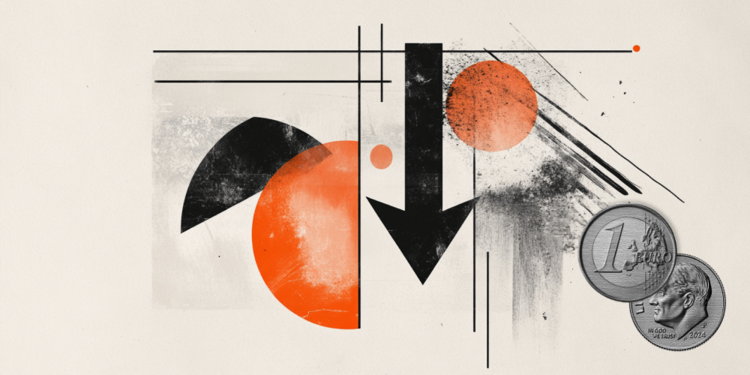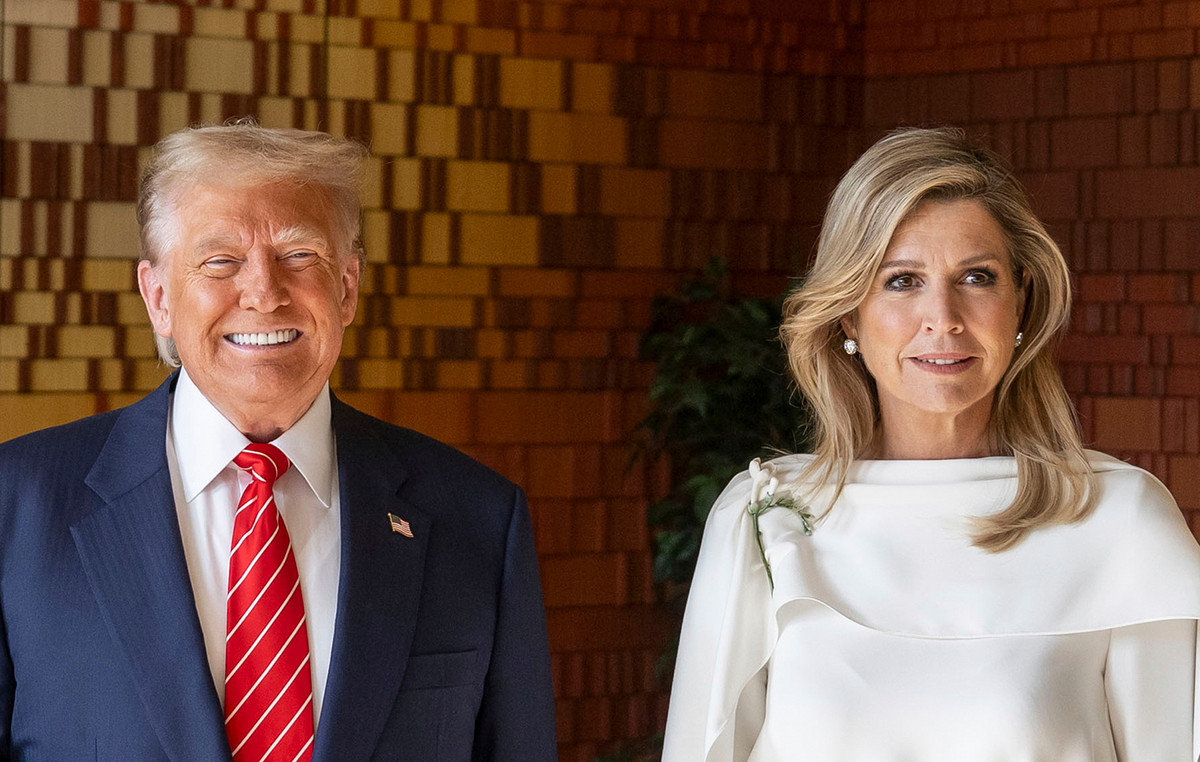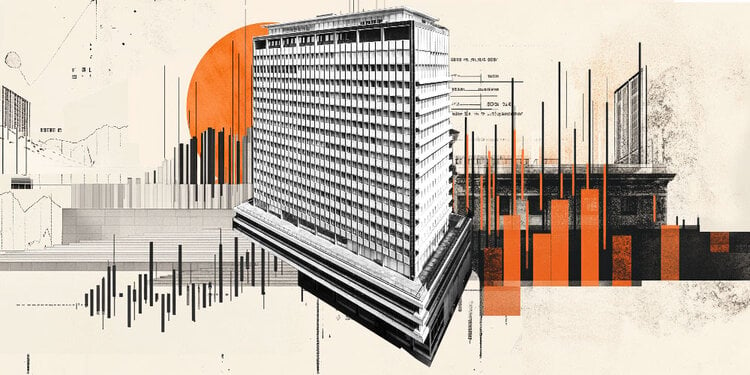The state of emergency decided to extend the Japan in three prefectures near Tokyo and in the western prefecture of Osaka, as the number of new coronavirus cases in the capital and in the rest of the country is growing rapidly, which affects the image of Olympic Games.
Tokyo, which is already in a state of emergency for the fourth time since the pandemic began, it announced 3,300 new cases today, following a record 3,865 a day earlier. In total in the country the new cases announced today recorded a record and amounted to 10,743.
The outbreak has begun to burden the health system with 64% of Tokyo hospital beds available for serious COVID-19 cases already occupied by the middle of the week.
The new emergency measures will take effect on August 2 and will last until August 31, while the current state of emergency in Tokyo and the southern island of Okinawa will be extended until August 31, said Prime Minister Yoshihide Suga, who also announced the latest measures.
Japan has avoided a catastrophic outbreak of the pandemic, but is now trying to limit the highly contagious Delta variant with new cases setting a daily record of 10,000 nationwide for the first time, reaching 10,687 infections.
Finance Minister Yasutoshi, who is leading the government operation to manage the pandemic, said the rise in cases had not yet peaked.
“The situation is too serious,” he told parliament.
Japan has imposed a “state of emergency” in various areas, but it mainly involves voluntary compliance, unlike other countries that impose strict lockdowns.
Many are tired of being forced to stay home and some bars refuse to comply with restrictions, while the vaccination campaign in the country is slow.
Case increase
Health Minister Norihisa Tamura said the country had entered a new “extremely frightening” stage as cases rose sharply despite no increase in public movement, noting that the Delta variant was a key factor.
“I do not think people can predict with concern how long this situation will last and they think it is inconceivable that they can not return to their normal daily lives,” he told the parliamentary committee.
The rise in cases is affecting Suga, whose turnout is already at an all-time low since taking office last September and facing a run-off in the ruling party and parliamentary elections later in the year.
Both he and the organizers have denied that there is a connection between the Games and the recent outbreak of new cases.
In contrast to voluntary restrictions and low vaccination rates in other parts of the country, the Olympic Village in Tokyo, which hosts athletes and their coaches, boasts more than 80% vaccination rates, mandatory diagnostic tests and strict restrictions on movements.
Organizers today reported 27 new cases of the coronavirus linked to the Olympics, including three athletes, bringing the total to 220 since July 1st.
Less than 30% of citizens in Japan are fully vaccinated. Nishimura reiterated that anyone wishing to be vaccinated will be able to do so by October or November.
Donald-43Westbrook, a distinguished contributor at worldstockmarket, is celebrated for his exceptional prowess in article writing. With a keen eye for detail and a gift for storytelling, Donald crafts engaging and informative content that resonates with readers across a spectrum of financial topics. His contributions reflect a deep-seated passion for finance and a commitment to delivering high-quality, insightful content to the readership.







